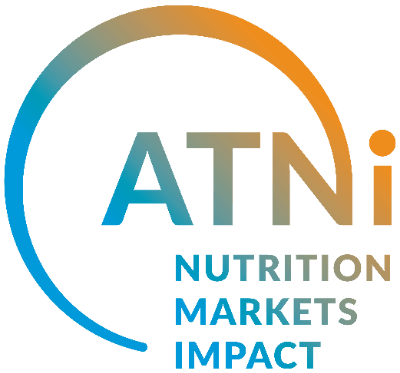
The Private Sector's Role in Global Nutrition



The private sector played a pivotal role in enhancing access to more nutritious foods. Malnutrition, in all its forms, affected every country worldwide. The societal costs were staggering, ranging from poor growth outcomes in undernourished children to the increasing burden of non-communicable diseases. Key questions included what incentives could encourage companies to prioritize the healthiness of their product portfolios and overall food environments, and what role the investor community needed to play in influencing businesses to place greater emphasis on nutrition in their ESG metrics.
Effective policies were vital to incentivize producers to prioritize nutrition and combat worsening nutrition-related issues. These policies had to be coupled with strategies ensuring that nutritious food was accessible and affordable for all consumers. This became particularly crucial as companies might shift focus to lower-income markets in response to stricter regulations on unhealthy foods in Europe. To prevent this, transparency was essential in product portfolios, lobbying efforts, and ESG disclosures related to nutrition.
Investors had a pivotal role to play as well. Poor nutrition resulted in significant financial consequences, including increased healthcare costs and economic burdens. By actively advocating for improved nutrition practices, investors could leverage their influence to drive meaningful change.
Hosted by the Financial Times and the Access To Nutrition initiative, this session brought together leading figures from policy, finance, and the food industry to discuss the materiality of poor nutrition, the economic and societal costs, and effective strategies to enhance access to better nutrition globally.
Key questions addressed
Are companies making food environments healthier?
What policies can help shape healthier markets?
What additional policy measures are needed to prevent worsening nutrition-related issues?
How can nutritious food be made more accessible and affordable across different economic contexts?
How can investors exert greater influence in driving better nutrition practices?
How can data on nutrition specific performance of companies, like published today in the 5th Global Access to Nutrition Index, help?
Hear from Leading Experts:
Speaking Opportunities
Ana Mugosa
ana.mugosa@ft.com
Delegate Services
Monica Lu
monica.lu@ft.com
© Financial Times Live
FT Live and its journalism are subject to a self-regulation regime under the FT Editorial Code of Practice